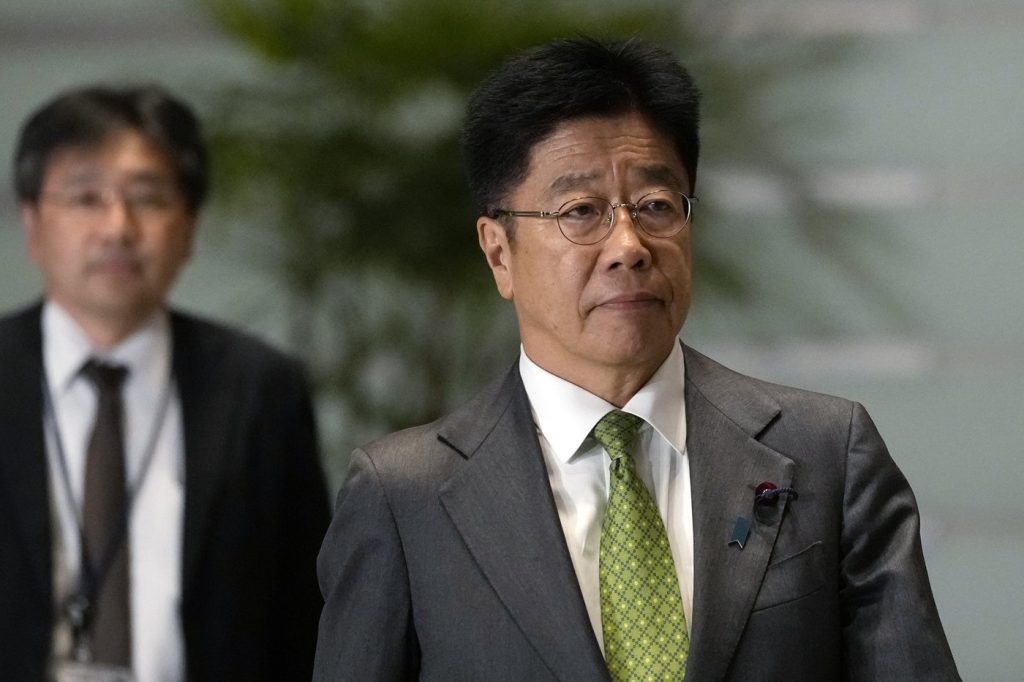TOKYO (AP) – Japan's substantial holdings of U.S. Treasuries, totaling $1.13 trillion as of late February, could serve as a potential leverage point in negotiations regarding tariffs with the Trump administration, according to Finance Minister Katsunobu Kato. Speaking during a news program on national broadcaster TV Tokyo, Kato acknowledged that these holdings exist as “a card on the table” but emphasized that whether Japan decides to utilize this option would be a separate matter altogether.
Kato refrained from providing further details on this aspect, nor did he indicate that Japan would pursue increasing sales of its U.S. government bond holdings as a tactic during the discussions surrounding President Donald Trump's tariffs on Japanese exports. Previously, Kato and other officials had already dismissed the possibility of liquidating such assets.
Holding the title of the largest foreign holder of U.S. government debt, Japan’s financial strategy is particularly crucial in light of increasing tensions over tariffs. China also stands as the second largest foreign investor in Treasuries and finds itself contending with the Trump administration over trade matters.
In his statements, Kato suggested that several factors would be part of the negotiation process with Trump, hinting that Japan's repose regarding Treasury sales could incentivize the U.S. into reaching an agreement that favors Japanese interests.
Amidst these discussions, President Trump has significantly reshaped longstanding American trade policies, imposing substantial import tariffs across a range of products affecting key allies like Japan. A team of Japanese officials was recently in Washington to engage in talks related to tariffs, amidst the backdrop of upcoming 25% tariffs on imported vehicles and auto parts, alongside a broader 10% baseline tariff. These tariffs are projected to exert additional pressure on Japan, coinciding with a period of economic deceleration.
While the Asian region's Treasury holdings have displayed relative stability in recent years, anxiety persists among analysts regarding the potential for China or other governments to liquidate their U.S. Treasury holdings as trade hostilities escalate. U.S. government bonds have historically been regarded as secure financial assets; nevertheless, recent increases in bond yields have raised concerns about their reliability due to the impact of Trump's tariff policies.
As Japan navigates the complexities of U.S. trade relations, the interplay of its monumental Treasury holdings and trade negotiations with the Trump administration remains a focal point for achieving favorable outcomes amid a shifting economic landscape.











